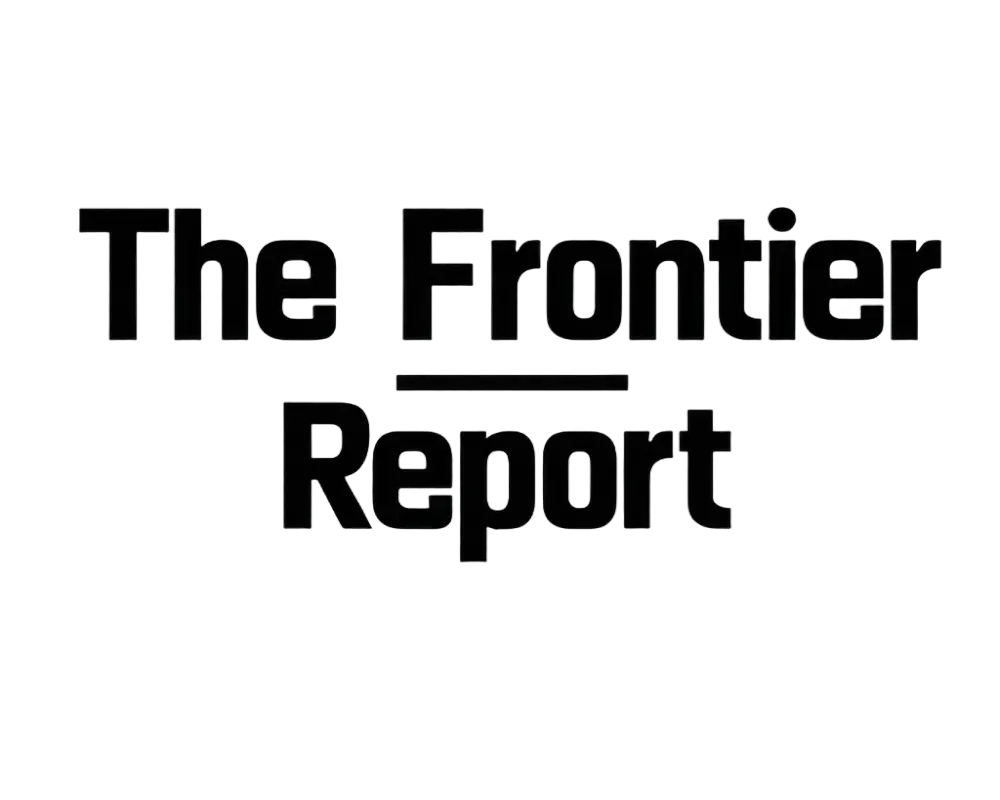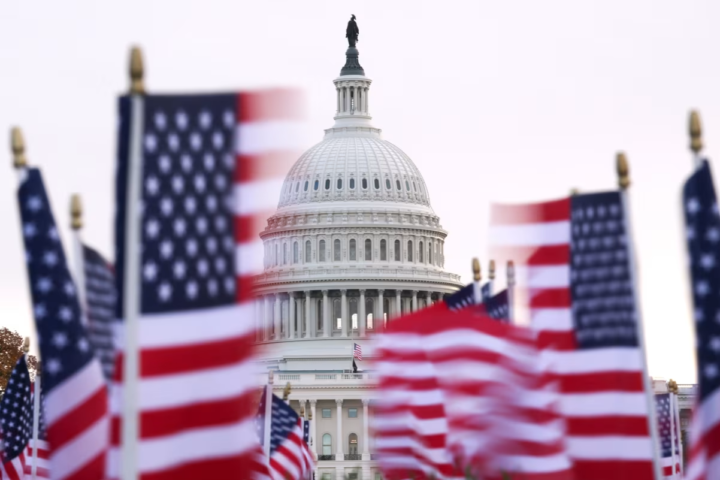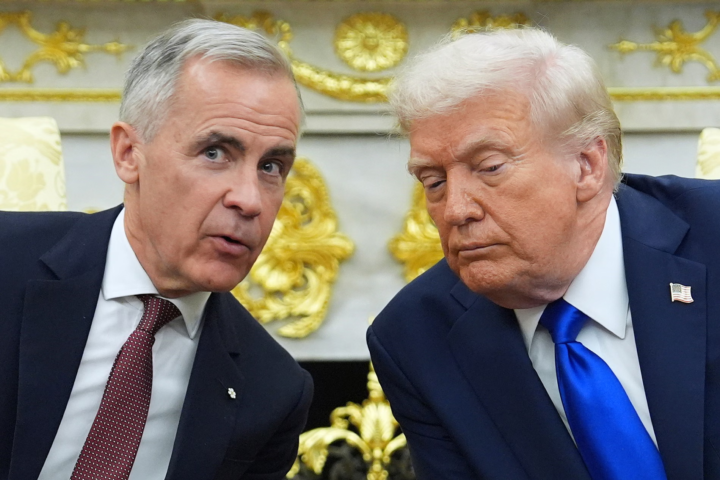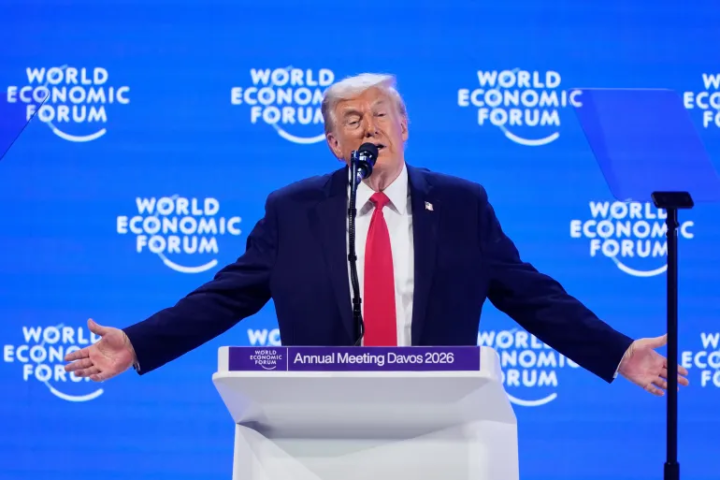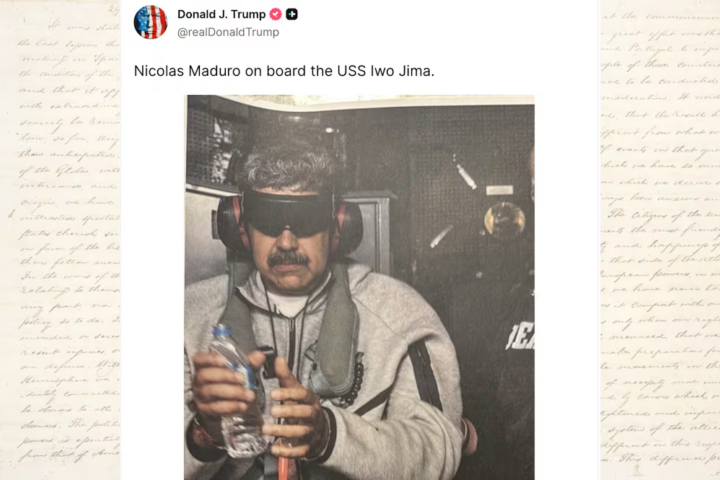On August 5, 2025, President Trump didn’t hold back: if oil drops $10 more per barrel, Putin may have to pull out of Ukraine. “His economy stinks,” Trump said. With an August 8 deadline looming, the White House is pressuring both Moscow and the countries still buying Russian oil.
Trump’s Strategy: Drop Oil Prices, Raise Tariffs
In a major TV interview, Trump said cheap oil is cutting into Russia’s war budget. He praised OPEC+ for boosting output by 547,000 barrels a day in September, calling it a direct hit to Putin’s wallet. One more $10 drop, Trump said, “leaves him no choice.”
He also warned countries like India, China, and Turkey: keep buying Russian oil, and face steep tariffs—possibly 100% to 500%, depending on Congress. His administration is backing this with a bipartisan sanctions bill targeting both Russian oil sellers and their buyers.
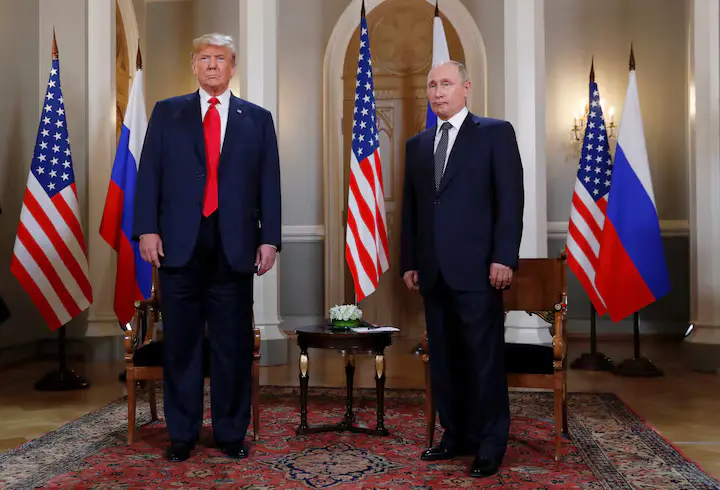
Russia’s Economy Is Sinking
The IMF just slashed Russia’s 2025 growth forecast to 0.9%, down from 4% in 2024. The war-fueled boost is gone. People are spending less. Factories are slowing down. Inflation is crushing wages. The central bank dropped rates a little—but the broader economy’s still stuck.
Putin Won’t Budge—Yet
Moscow says it’s not backing down. Kremlin insiders say Putin plans to ignore the August 8 deadline and keep pushing in eastern Ukraine. Russia is still spending 6–7% of its GDP on defense, keeping weapons moving. But upgrades have stalled. Sanctions cut off access to key tech, forcing the army to rely on outdated gear.
Meanwhile, Russia’s running low on workers, capital is fleeing, and the population is shrinking. It’s still functioning—but barely.
Oil War Spreads Worldwide
Sanctions haven’t stopped Russia from selling oil. India, China, and Turkey are now its top buyers. In June, Russia made $12.6 billion from oil exports. That number could hit $150 billion this year.
India gets 35% of its oil from Russia. China buys even more. Neither looks ready to stop. Trump wants to break those ties. But Russia’s dodging sanctions with shadow fleets and sketchy middlemen.
What Happens If Oil Drops More
Analysts say Russia’s skating close to recession. Oil is holding the economy together—for now. But if prices fall again, that could break. Inflation is squeezing households. The government is cutting benefits. Private investment is vanishing. Public anger is rising.
Russia’s options are narrowing: negotiate or risk full collapse.
Trump’s Play: Pressure and Deadlines
Trump isn’t easing up. He’s using oil prices, trade threats, sanctions, and diplomacy at once. The August 8 deadline marks a shift—from watching Russia to trying to squeeze it into backing off.
A Senate bill would allow up to 500% tariffs on countries that keep buying Russian oil. It also goes after secret shipping routes and middlemen. Secondary sanctions would hit anyone helping Moscow move oil.
Bottom Line
Russia’s economy is breaking down. Growth is stalling. Oil profits are shaky. The rest of the economy is shrinking. Trump is betting that cheap oil, harsh tariffs, and global pressure can force Putin’s hand.
If oil keeps falling and more countries join in, Russia may have to choose: keep fighting with empty pockets, or negotiate before the system crashes. The August 8 deadline could be a breaking point—or proof that Putin’s not ready to quit.

